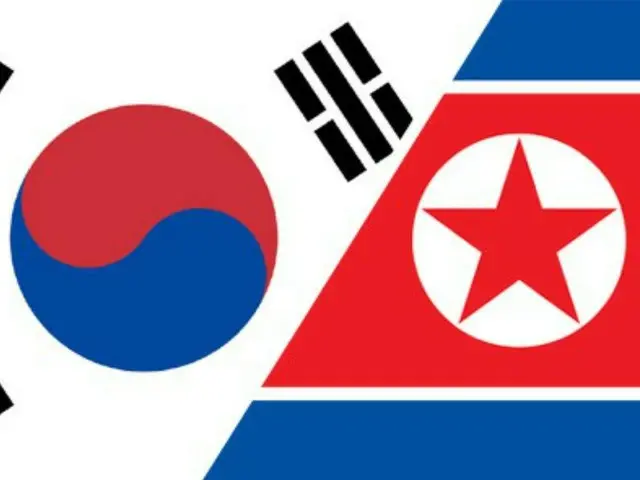The report released this time also includes testimonies of people who witnessed the public execution of citizens who were alleged to have violated the law.
The report once again revealed that North Korea is becoming increasingly sensitive about the influx of Korean culture and is stepping up its crackdown. The South Korean government has been publishing the report every year since 2017, the year after the North Korean Human Rights Act was enacted.
However, it was not made public due to concerns about protecting the personal information of defectors and the backlash from North Korea. However, the Yun Seok-yeol administration, which is pressuring North Korea on human rights issues, made it public for the first time last year.
The report was compiled based on the testimonies of over 600 North Korean defectors and was released by the Ministry of Unification on the 27th of last month. North Korea's serious human rights situation has been criticized by the international community many times.
In December of last year, the 75th anniversary of the establishment of the UN Security Council, Japan, the United States, South Korea, and Albania issued a joint statement regarding the human rights situation in North Korea.
"We call on North Korea to continue to ignore the basic needs of its people, as they are unable to exercise their rights, including freedom of expression, thought, and movement," the statement said.
"We call on the United Nations to take immediate steps to abide by its international legal obligations and to put an end to all human rights violations," the statement said.
It was the first time in 10 months since August last year that a meeting on human rights in North Korea had been held at the Security Council. The open meeting was organised by Hwang Ji-hye of South Korea at the request of Japan, the US, South Korea and the UK.
The meeting was chaired by Ambassador to the United Nations, Jun-Guk. China and Russia, on the other hand, opposed the meeting and called for a vote on whether to hold it. In the end, 12 countries voted in favor and it was decided to hold the meeting. Japan, the United States and South Korea
Many council members also condemned North Korea's human rights violations. Meanwhile, China's Deputy UN Ambassador said, "It is not right for the Security Council to intervene in the human rights issue in North Korea.
"This will not help ease tensions on the Korean Peninsula. Instead, it will increase resentment and intensify conflict," he said. The U.S. ambassador to the United Nations said, "North Korea continues to rely on forced labor and the exploitation of North Korean workers both at home and abroad.
"It is shameful that China and Russia are trying to protect North Korea," he said.
In order to prevent the inflow of South Korean culture, North Korea launched the "Reactionary Ideological Literature" in December 2020.
The law was enacted in response to concerns that exposure to outside information by residents could threaten the maintenance of the regime. One of the punishments for the law is "viewing or engaging in any other activity that involves South Korean cultural content."
The law explicitly states that disseminating or spreading Korean films or TV series is punishable by up to death, and simply watching them is punishable by 15 years in prison.
A report released by the South Korean Ministry of Unification on the 27th of last month stated that North Korean residents had been publicly executed under the law.
The book also includes the testimony of a North Korean defector who said, "In 2022, a man was publicly executed in a mine in Hwanghaenam-do, South Hwanghae Province, in the southwest, for listening to South Korean music and watching movies."
In addition, wearing sunglasses and priests wearing white dresses at weddings are considered violations of the law.
At the end of last year, the Rodong Sinmun newspaper, which is a major newspaper in the country, carried a large photo of Kim Jong Eun and his daughter Ju Ae wearing sunglasses on its front page, and
The report pointed out that the Kims were acting in violation of the law. The report also pointed out that 2,000 to 3,000 people were mobilized as spectators during the public execution of political prisoners.
The book also describes North Korean workers sent overseas, who are forced to work more than 15 hours a day with almost no days off and are forced to pay "tribute" to the North Korean government.
This marks the second year since the South Korean Ministry of Unification released its North Korea human rights report. The report aims to make the international community aware of the serious human rights violations in North Korea, which cannot be overlooked.
In order to ensure that the film remains popular, it should continue to be made public next year and beyond.
2024/07/03 10:58 KST
Copyrights(C)wowkorea.jp 2

